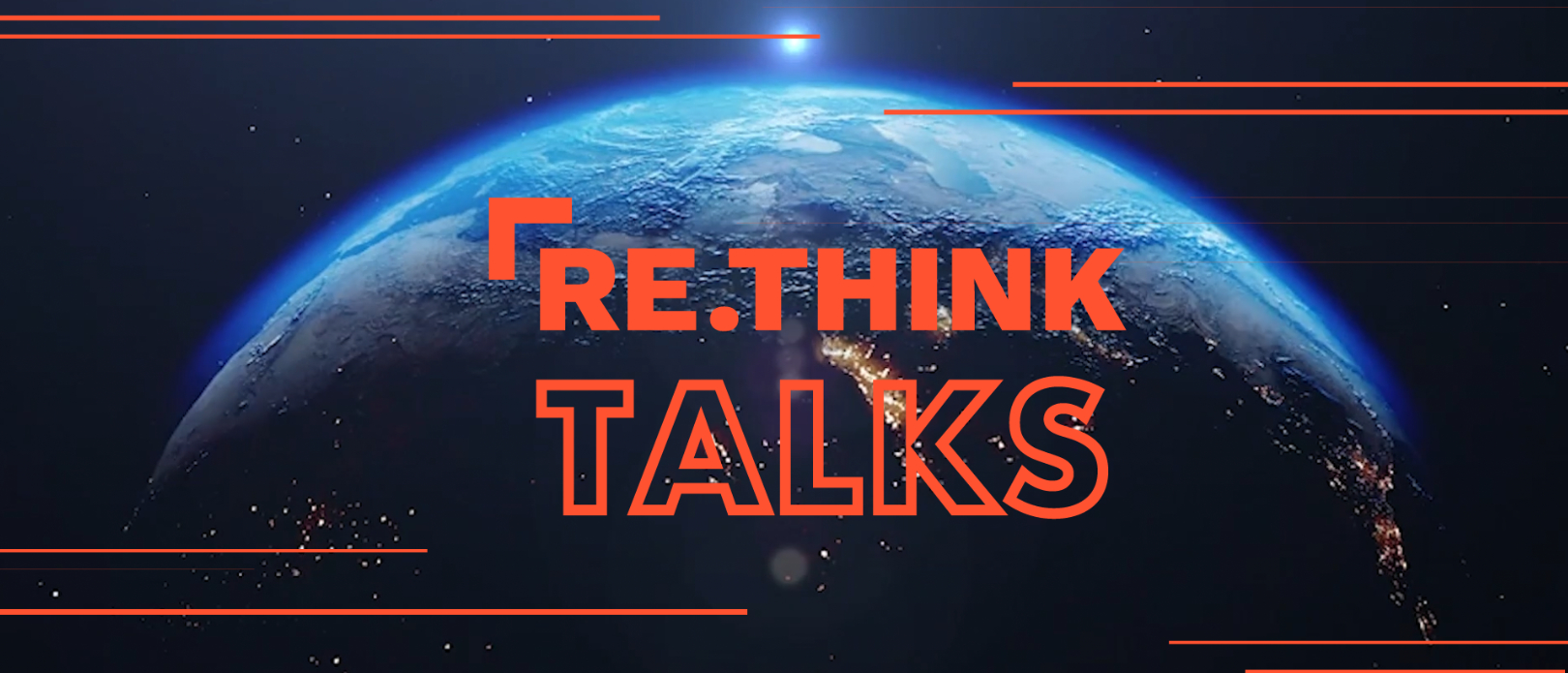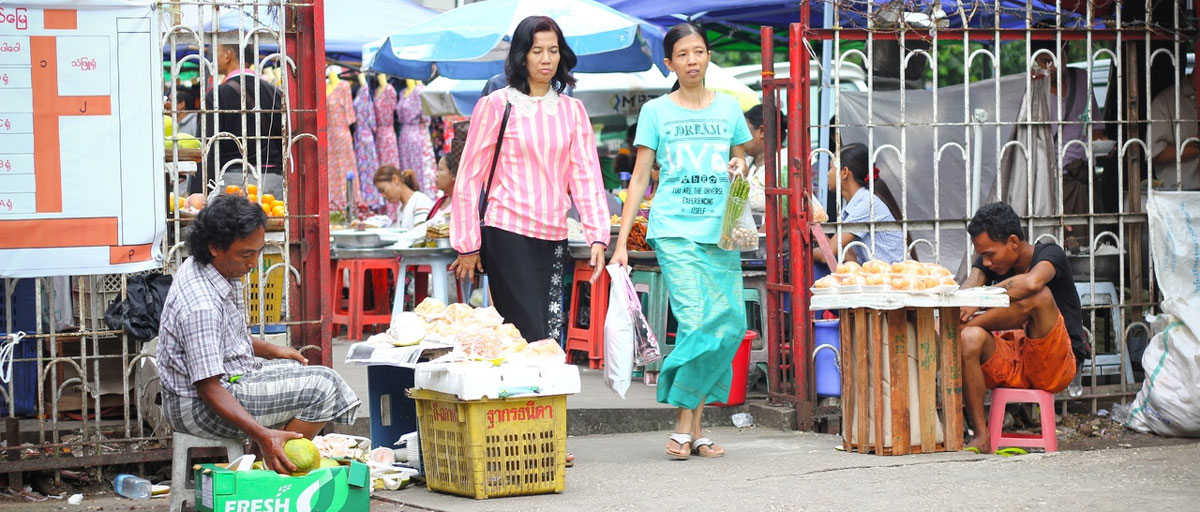Bildtext får vara max två rader text. Hela texten ska högerjusteras om den bara ska innehålla fotobyline! Photo: B. Christensen/Azote
DEVELOPMENT
The 2020 Human Development report
- The 30th anniversary edition of the Human Development Report is entitled The Next Frontier: Human Development and the Anthropocene
- The report argues it is time to redesign paths to progress by fully accounting for the dangerous pressures humans put on the planet
- The report introduces a new lens to its Human Development Index which shows how global development would change if the wellbeing of both people and the planet were central to defining humanity’s progress
Centre researchers contribute extensively to report which unpacks the relationships between people and the planet
"Unequal, carbon-intensive growth has run its course": The COVID-19 pandemic is the latest crisis facing the world, but unless humans release their grip on nature, it won’t be the last, according to the 2020 Human Development Report entitled The Next Frontier: Human Development and the Anthropocene.
Produced by the United Nations Development Programme (UNDP), the report includes a new experimental index on human progress that takes into account countries’ carbon dioxide emissions and material footprint.
The report draws extensively on resilience thinking, biosphere stewardship and why we have to stop considering nature and the environment as something separate from society.
The next frontier for human development will require working with and not against nature, while transforming social norms, values, and government and financial incentives, the report argues.
The HDR 2020 makes it crystal clear that human development from now on is about making choices that are good for people and the planet.
Belinda Reyers, senior advisor, Stockholm Resilience Centre
Adjusting the Human Development Index
To illustrate the point, the report introduces an experimental new lens to its annual Human Development Index (HDI).
By adjusting the HDI, which measures a nation’s health, education, and standards of living, to include two more elements: a country’s carbon dioxide emissions and its material footprint, the index shows how the global development landscape would change if both the wellbeing of people and also the planet were central to defining humanity’s progress.
With the resulting Planetary-Pressures Adjusted HDI – or PHDI - a new global picture emerges, painting a less rosy but clearer assessment of human progress. For example, more than 50 countries drop out of the very high human development group, reflecting their dependence on fossil fuels and material footprint.
And yet fossil fuels are still being subsidized: the full cost to societies of publicly financed subsidies for fossil fuels - including indirect costs - is estimated at over US$5 trillion a year, or 6.5 percent of global GDP, according to International Monetary Fund figures cited in the report.
Reforestation and taking better care of forests could alone account for roughly a quarter of the pre-2030 actions we must take to stop global warming from reaching two degrees Celsius above preindustrial levels.
The HDR2020 moves the state of Earth from a marginal issue to the centre of the discussion around a prosperous future for all. It indicates a giant shift in thinking.
Victor Galaz, deputy director, Stockholm Resilience Centre
Dismantling gross imbalances
How people experience planetary pressures is tied to how societies work, says Pedro Conceição, Director of UNDP’s Human Development Report Office and lead author of the report.
Today, broken societies are putting people and planet on a collision course.
Inequalities within and between countries, with deep roots in colonialism and racism, mean that people who have more capture the benefits of nature and export the costs, the report shows. This chokes opportunities for people who have less and minimizes their ability to do anything about it.
According to the report, easing planetary pressures in a way that enables all people to flourish in this new age requires dismantling the gross imbalances of power and opportunity that stand in the way of transformation.
“The next frontier for human development is not about choosing between people or trees; it’s about recognizing, today, that human progress driven by unequal, carbon-intensive growth has run its course,” says Conceição.
Watch strategic advisor Michele-Lee Moore explain the role of transformation in acheiving the Sustainable Development Goals and human well-being:
Podcast on the report
In this episode of Rethink Talks, Pedro Conceição, lead author of the Human Development Report, and Belinda Reyers, senior advisor at the Stockholm Resilience Centre, discuss the importance of the repor and how resilience thinking can contribute to new global development strategies.
Further reading on resilience thinking and global development
Since 2014, we have worked to increase the understanding and application of resilience thinking as an integral part of sustainable development strategies to alleviate poverty, increase human well-being and maintaining and restoring ecosystems for the benefit of all.
Research focus area: Resilience and sustainable development
This focus area addresses the challenges and the diversity of trajectories associated with sustainable development for all in the context of the Anthropocene.
Guidance for Resilience in the Anthropocene: Investments for Development (GRAID)
GRAID was a programme funded by the Swedish International Development Cooperation Agency designed to bridge the worlds of resilience thinking and development practice.
GRAID's work related to the Human Development Report
The Global Resilience Partnership (GRP)
GRP is a partnership of organisations joining forces towards a world where vulnerable people and places are able to thrive in the face of shocks, uncertainty and change. GRP is currently comprised of more than 60 organisations, which bring together a broad range of skills, capacities, and perspectives, and provides powerful collaboration opportunities.
GRP's work related to the Human Development Report
Swedbio
SwedBio is a knowledge interface at Stockholm Resilience Centre contributing to poverty alleviation, equity, sustainable livelihoods and social-ecological systems rich in biodiversity. SwedBio enables knowledge generation, dialogue and exchange between practitioners, policy makers and scientists for development and implementation of policies and methods at multiple scales.
Related SRC projects
Rethink is an online podcast and feature magazine on resilience and global development.
More resources on resilience thinking and development:
Wayfinder is an online platform for resilience assessments, representing a major innovation in resilience practice.
The Catalysing Change programme helps strengthening the capacities of public and civil sector workers in the Southern African Development Community to understand and engage in complex social-ecological systems.

.jpg)




 jean-bulton-belinda-reyers.jpg)






